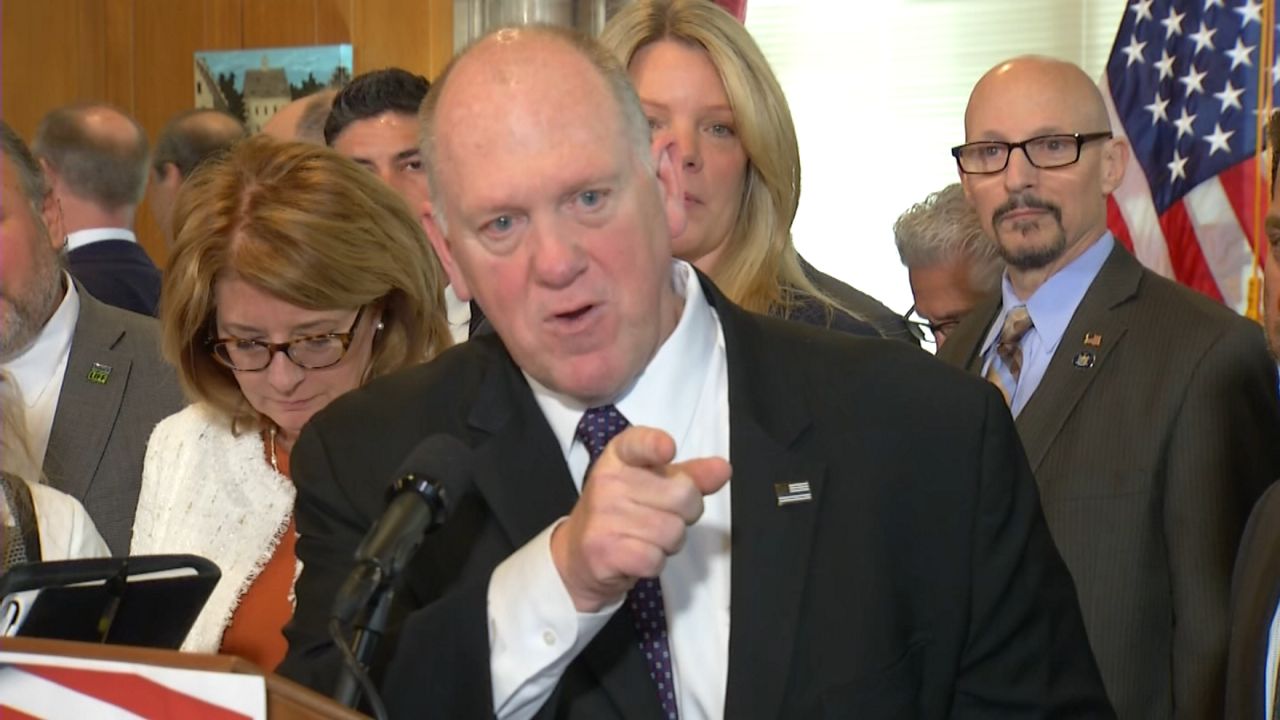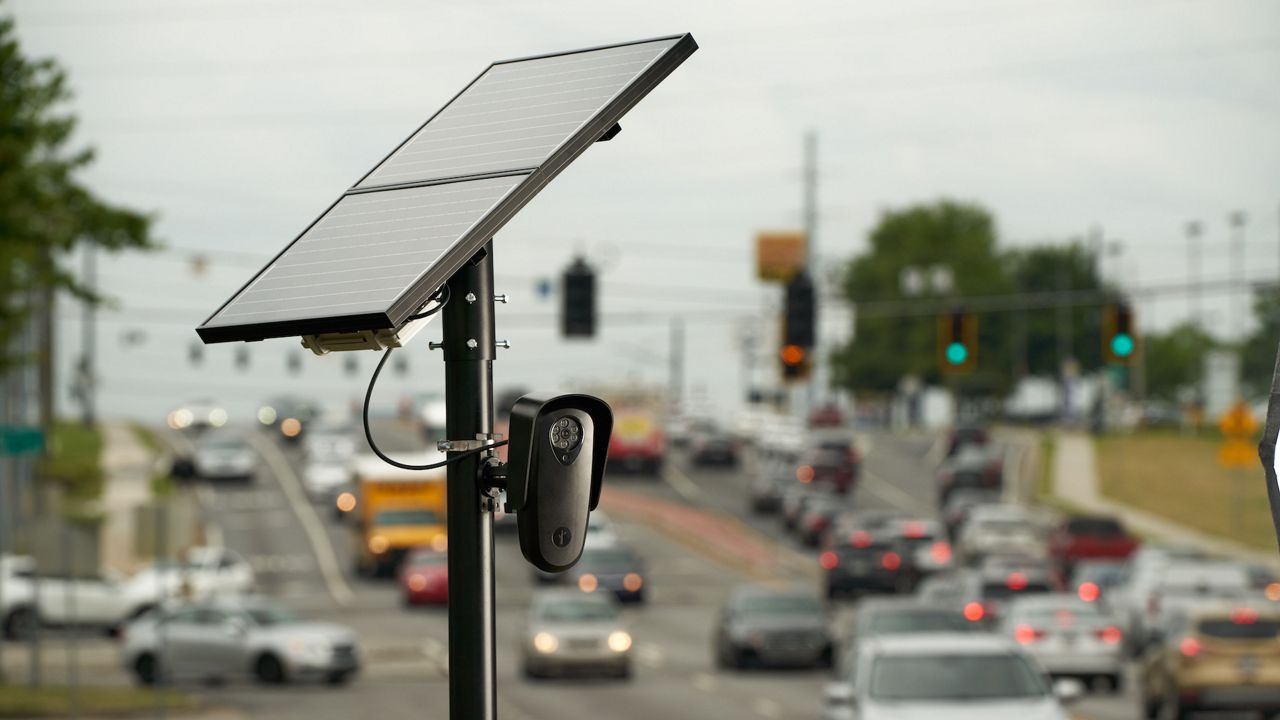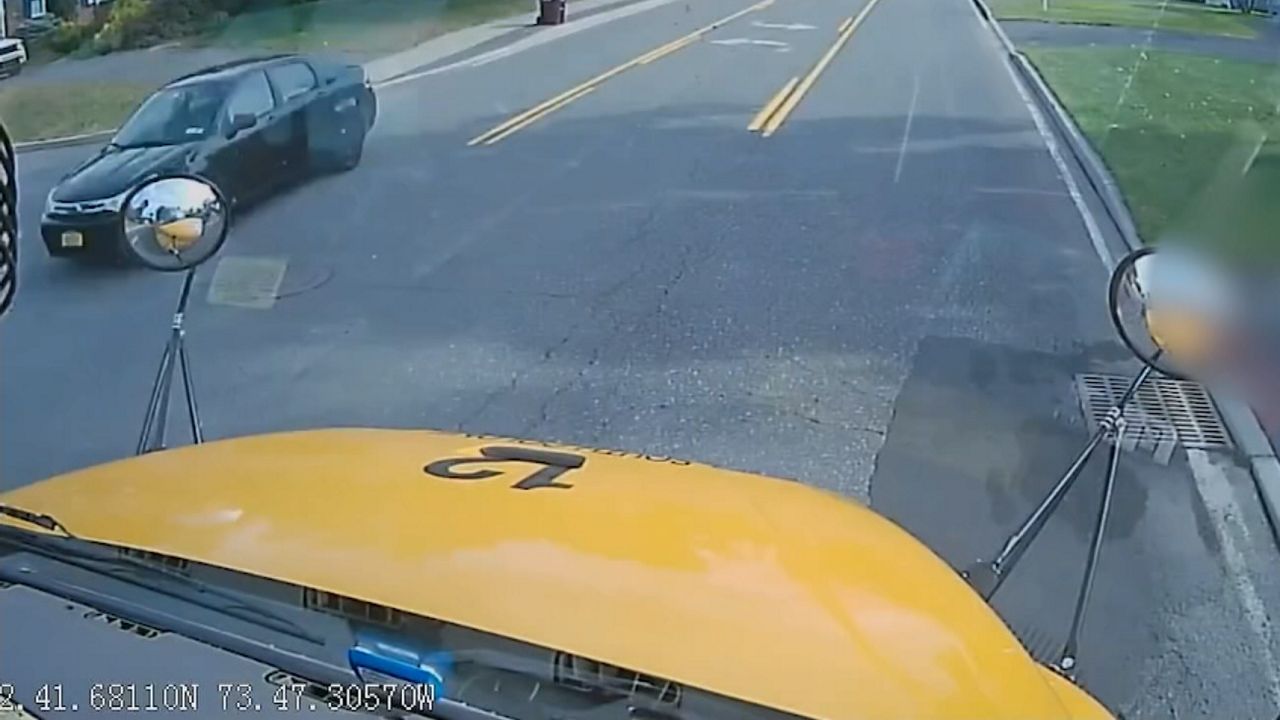Daniel Prude's death has prompted calls for police reform, especially on how officers are trained to respond to calls for people in mental distress.
An attorney for Prude’s family released police body camera video of the March incident this week. Only then did police and city hall respond to the incident.
“When I saw that tape, and I didn't know anything about it until three days ago, I was immediately horrified how any human being could be treated like this,” said former Rochester Mayor William Johnson.
In late March, Rochester police responded to a call for a man running naked in the street. Police handcuffed the 41-year-old Prude and held him down. Still unclothed — he had to be resuscitated, and a week later, Prude died.
“How do you not, as one human seeing another human in distress, how do you not offer comfort to that person?” asked Johnson.
Johnson is a co-chair of the Commission on Racial and Structural Equity, or RASE. The group is now tasked with finding better ways for police to respond to calls involving people in mental distress.
“I think we have to have an across-the-board examination,” said Johnson. “But it will require people of different perspectives sitting at the same table trying to work out a solution."
Seven Rochester police officers who responded to the call were suspended this week. Former Rochester Police Chief Cedric Alexander said a thorough investigation will find the facts behind Prude’s death.
“We gotta help our officers,” said Alexander. “We gotta train them more, because they're doing the very best they can with the limited amount of training that they have."
While Johnson was mayor, Alexander helped form a crisis intervention team in the department in the early 2000's.
“We have to find new ways to approach these individuals who are struggling for a variety of different reasons,” he said. “Across the country, we are certainly seeing an uptick in mental illnesses, and we are putting our police officers in a precarious situation."
“Certainly the challenges and difficulties of dealing with those who have mental health issues are widespread,” said Eric Weaver, a retired Rochester police sergeant.
Weaver assembled that crisis team with Alexander. Now executive director of Overcoming the Darkness, Weaver trains police around New York and the country on mental health response. Some have called for an end to the practice of police responding to mental health calls. Weaver says it's not that easy.
“The challenge with having other people respond to those mental health calls is it can change within an instant,” he said.
Experts say a key part of the training is to not treat mental health as a crime — even when a crime is committed. Johnson says the RASE commission hopes to complete its recommendations on improving response to mental health emergency calls by February.
“Yes, things were mishandled,” he said. “But we need to make sure, in the name of Daniel Prude, that they don't get mishandled this badly again in the future."










